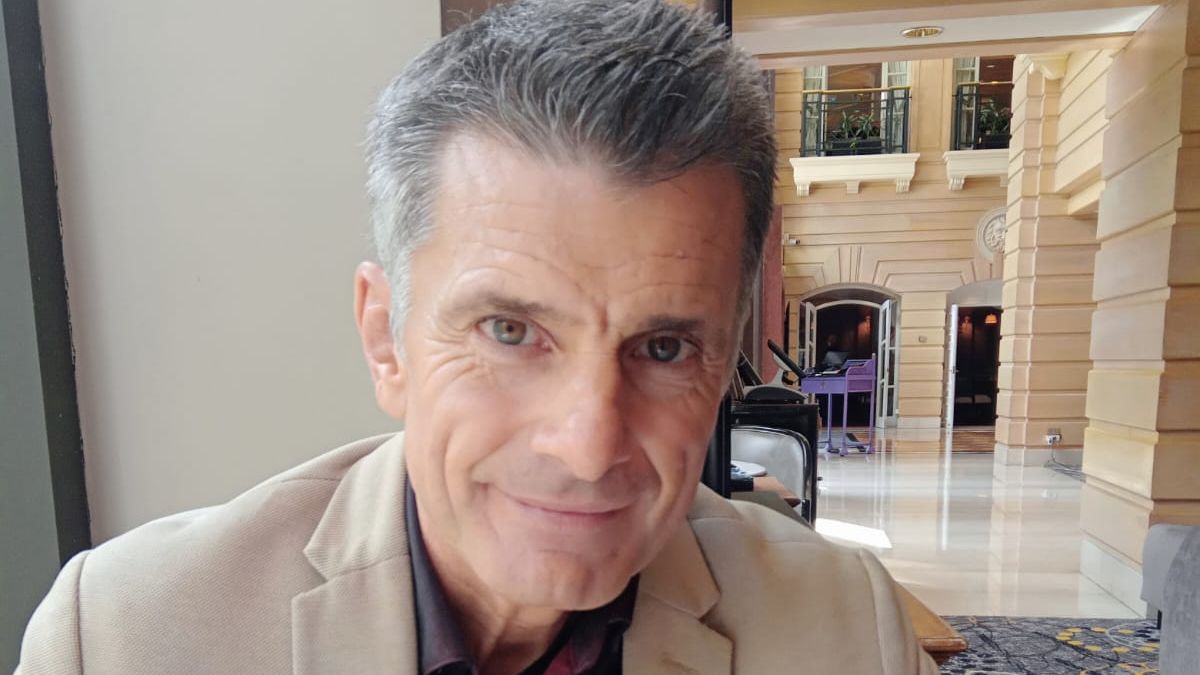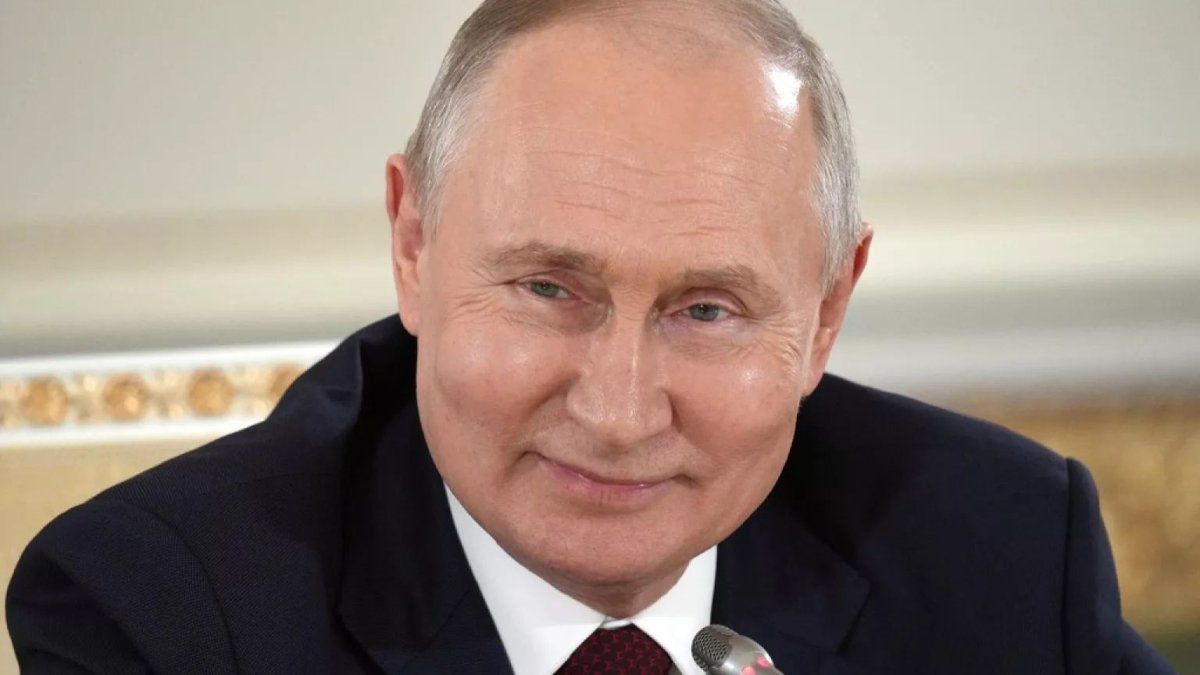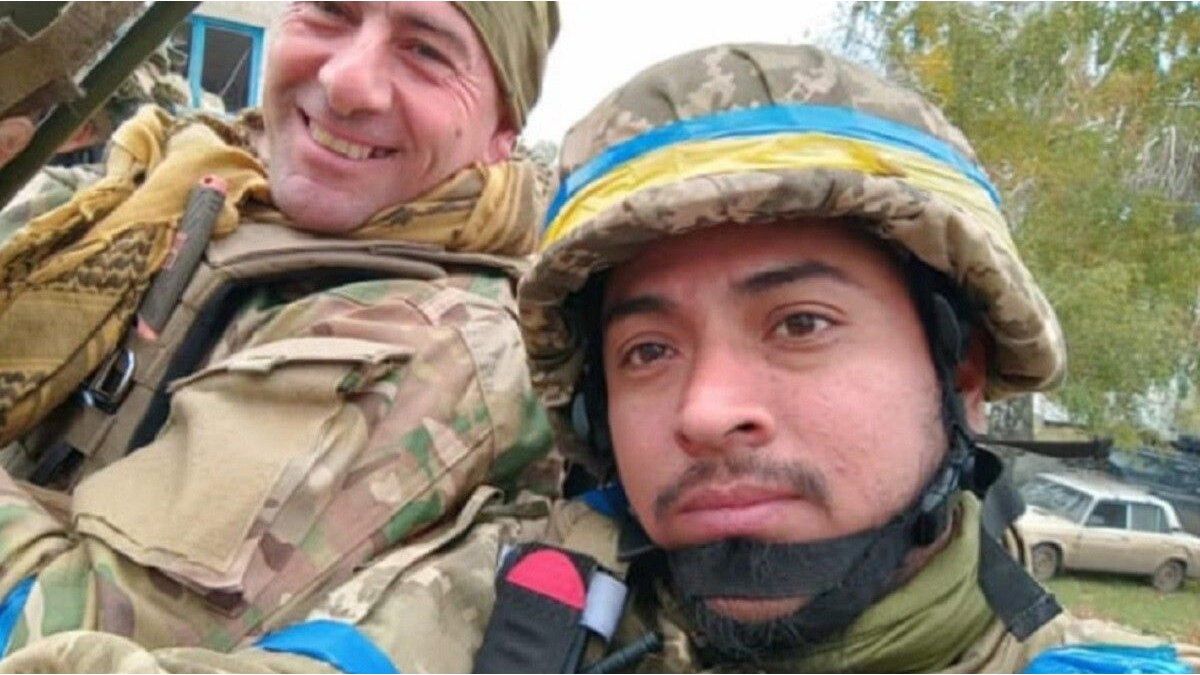Exploring the heritage and challenges offered today by the democracy established in Greece 2,500 years ago, the essential function of politics and the State, is the central contribution of “Greece in the air” (Cliff) of Pedro Olalla. The acclaimed Asturian Hellenist, who chose to reside in Athens, author of “Words from the Aegean” and “Of political senescence”among thirty other works, visited Buenos Aires for the first time. We dialogue with him
Journalist: Why do you think Greece is up in the air?
Pedro Olalla: When the Spartans were approaching to attack Athens, Thucydides, in the “Peloponnesian War,” noted “all of Greece was in the air,” in suspense, in tension. Use the word “weather” for that, it is floating, it has not yet landed, it is pending compliance. At the same time, Greece is in the basement of our way of being and thinking. It is fundamental, it gives us the foundations on which to build. It floats in the environment we breathe, and share, as a common tradition, as a homeland of the spirit.
Q: Why go back to those fundamentals?
PO: We live managing concepts inherited from the Greek tradition. In cases resemantized with a perversity not exempt from intentionality. What had its cradle in Greece is today having its grave among us. To concepts such as politics, justice, citizenship, democracy, government, we have added different contents, and they are empty shells that continue to be used to appropriate their prestige and general acquiescence but that do not denote what they were in their origin, and many times even something diametrically opposite. Returning to its origins leads to exploring the deontology of politics, the ideals and values that allowed this admirable model of society to be established.
Q: Does democracy serve as an example for you?
P.O.: Since modernity returned to the concept of democracy, it has always been a subversive and revolutionary idea, just as the republic was in the 19th century. In Greece, democracy was the government of the “demos”, the group of conscious and participatory citizens, bearers of the political essence of society, in charge of governing and judging, as Aristotle points out. Today no one would dare to define a citizen like this. In the best of cases, it is someone who is a beneficiary of certain civil rights who can participate in consultations, elections or referendums, but does not have the power to govern and judge as he did in the Greek polis.
Q: Why do you declare democracy revolutionary?
PO: It was a system designed to bring the rulers and the governed as close as possible, and to ensure that there was no conflict of interests between them, because they were the same. It was created to define and defend the common interest among all, and to constantly review that definition. It was thought so that inequalities due to the possession of property or lineages could be corrected through political equality. It sought to put corrective mechanisms in the hands of all citizens that would level out the scourges and injustices derived from economic or social inequalities. I have heard that the use of the word caste became fashionable here, which corresponds to what in Greece was called oligarchy. Democracy in Greece was a system designed and established to prevent money from ruling.
Q.: In your work, comparing past and present, you say that today politics has been kidnapped by economic powers.
PO: Transmuting economic power into political power is a natural perverse tendency. The ethical tendency, the effort of a system like democracy is to counteract precisely that. Give all citizens tools so that this does not prevail. The aim was for society to be capable of generating politics, and for it to organize the economy as resource management in a sustainable manner for the benefit of society as a whole, and for money to be a tool to make the economy function. Solon, the Athenian statesman, who established the precedent of democracy, launched eonomics, good legislation, good laws well obeyed. He eliminated debt slavery. He sacrificed the ambition of the creditors in favor of the survival of the debtors.
Q: Was the theater, where these ideas are sometimes debated, the origin of Greek democracy?
PO: Tragedy and democracy, in Athens, have parallel lives. From the 5th century BC they flourished in classical Greece. They are born, develop and end up decaying at the same time. Tragedy is the genre of collective literary expression born from the spirit of democracy, from that spirit of confrontation, of common analysis, of exposure of the conflict of wills in front of the whole of society. It is an artistic emanation of the system that finds a channel to portray deeply ethical and political reflections. Talk for example about freedom. What it is, how far it goes, where it ends. What social context must be created to protect it from the law of the strongest. How to defend it. What is it to be the owner of one’s own will? How individual value is sustained against the forces of society, the State or nature.
Q: In addition to books, you have made films.
PO: In that I am very platonic, images and ideas are communicating vessels. Cinematographic moments appear in my texts and the literary dimension appears in my audiovisuals. In both cases the theme is the same as all my work. There is a film of “Greece in the Air” available on the internet on my website. As in the book, you visit different places in Athens, reliving what happened there, the mythological beings, heroes and artists who lived there, and the steps that were taken to establish democracy. From my “Mythological Atlas of Greece” a series was made on the places of myths. There is, among others, a film about Antigone
Q: What are you up to now?
P.O.: In updating the “Mythological Atlas” that I published twenty-five years ago and is out of print in all languages. And a complementary book to “Words from the Aegean” that explores pre-classical Greece that is universal heritage.
Source: Ambito
I am a 24-year-old writer and journalist who has been working in the news industry for the past two years. I write primarily about market news, so if you’re looking for insights into what’s going on in the stock market or economic indicators, you’ve come to the right place. I also dabble in writing articles on lifestyle trends and pop culture news.




